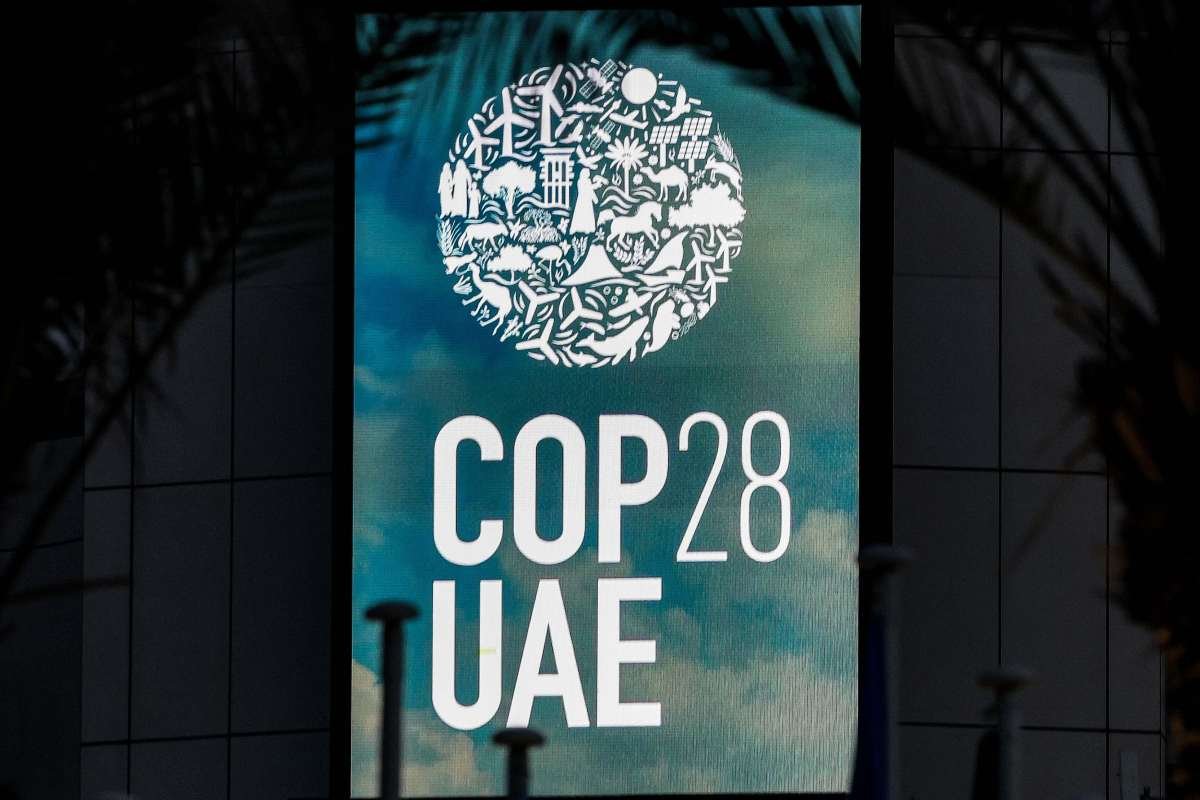As a climate reporter originally trained as an ecologist, I must confess that I rarely follow the UN climate change conference proceedings until their conclusion.
This year’s COP28 was no different. It wasn’t because it was hosted by an oil and gas powerhouse, or because neither President Biden nor the Pope attended.
No, the reason behind my lack of urgency to follow these Conferences of the Parties (COP) is because I have come to view them as a delayed reflection of necessary actions. In recent years, they have also become a delayed reflection of the current state of our world.
If I were a diplomat, I would be eagerly tracking every step of the proceedings, much like an Apple fan eagerly awaiting the arrival of a new iPhone. But as an ecology-trained climate reporter, I have been studying climate and the environment for over 25 years. I first noticed the fingerprints of climate change in my own doctoral research over 15 years ago.
I have witnessed numerous COPs come and go, in which government bodies have made significant progress in reducing emissions, yet have still fallen short due to the continued expansion of fossil fuel use.
However, this is not to say that the COP proceedings hold no importance. There have been a few pivotal conferences in the past, such as COP3 in Kyoto and COP21 in Paris, yet the annual pace of these gatherings seems to be more focused on building trust and maintaining relationships rather than achieving yearly breakthroughs. This is alarming, considering that every year we continue to burn fossil fuels, the stakes get higher.
From the very beginning, hopes were not optimistic for COP28. It was hosted by the United Arab Emirates, the seventh largest oil producer in the world. Leaked documents revealed that the country had planned to use the conference to strike oil and gas deals with 15 nations. Shortly after, Sultan Al Jaber, the COP28 president and CEO of the country’s state oil company, stated that there was “no science” to support the idea of halting fossil fuel use in order to reach the 1.5˚ C target set in Paris. This statement is in direct contradiction to the ample evidence that supports the effectiveness of reducing fossil fuel consumption.








